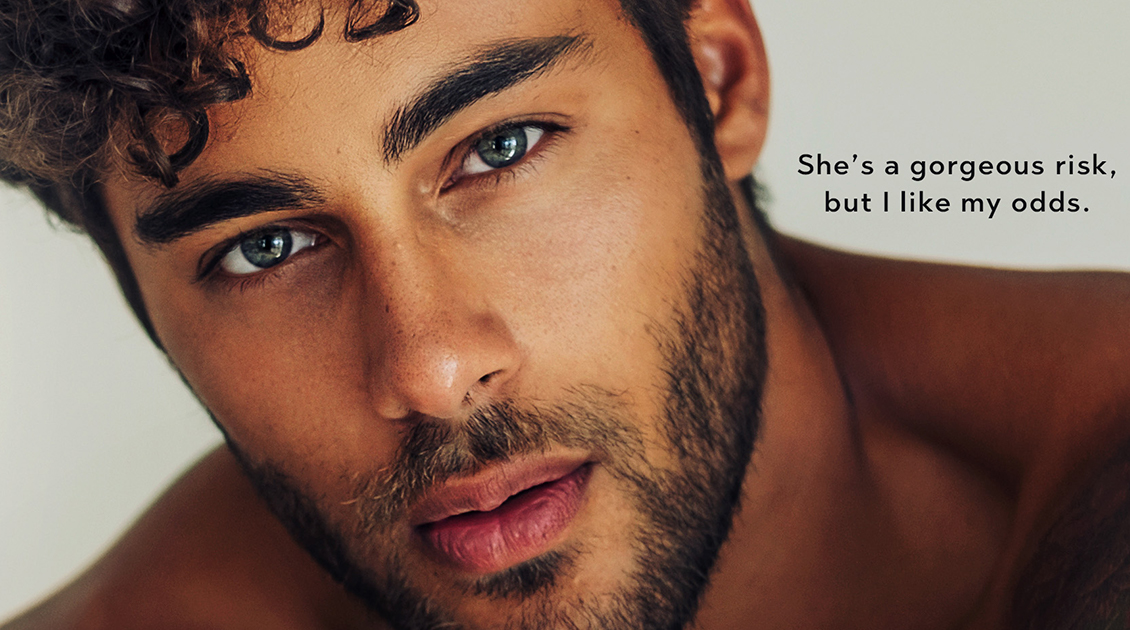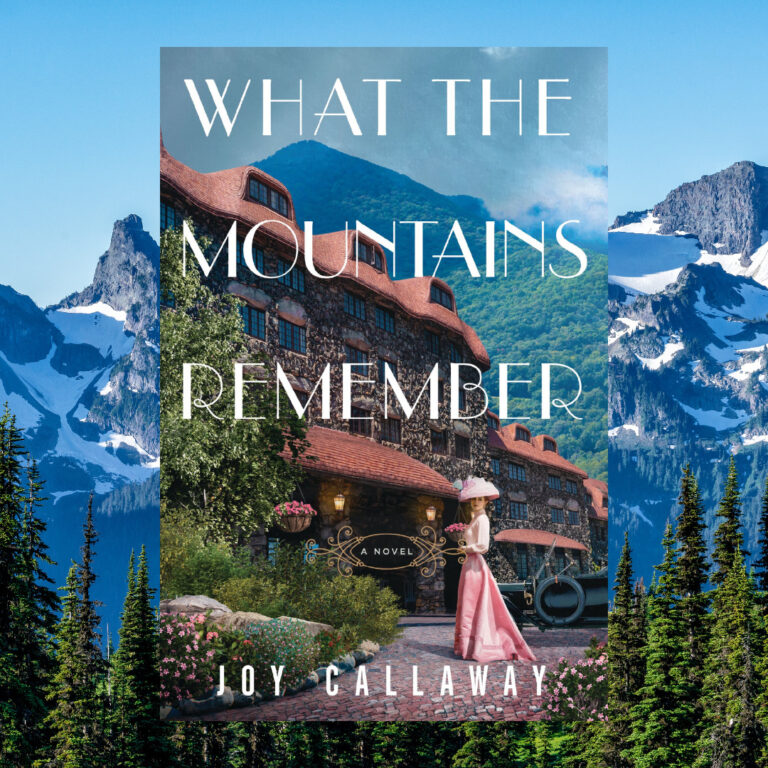(Please note: There are aspects of this discussion that deal with themes of domestic violence and rape and may be sensitive to some readers.)
It was already viral.
By the time I clicked on the YouTube clip of NLF running back Ray Rice knocking his fiancée unconscious in an elevator, millions had already viewed what was to me and most, an outrage. I choked on my indignation, raging uselessly at the screen and spewing at my poor husband. You know those mad tears? You’re so full of anger it just spills from your eyes and over your cheeks? I had those. I had anger and dismay that things like this go on, not only in elevators with surreptitious surveillance cameras, but behind closed doors. Hurts unseen. Cries unheard. I had all of this feeling, but no outlet, and decided I would write a romance addressing domestic violence in professional sports.
Oh, that doesn’t sound like your typical sports romance? You don’t say. Because I wasn’t really interested in writing a typical anything. Domestic abuse – our averted eyes, the taps on abusers’ wrists, the violence swept under lumpy rugs – none of it should be typical, and I wanted to write a story that challenged us at every turn to know better. To do better. To do more.
Even as I write this post, news has broken about a popular hip hop artist Fabolous, who allegedly hit his girlfriend several times, knocking out two teeth, and was caught on camera threatening her and her father. Days before, footage from a 2016 incident in a stairwell showed baseball player Danry Vasquez slapping his then-girlfriend and dragging her down the stairs by her hair. I held my breath as I read that story, hoping to see him suffer real consequences. Needless to say, after a short round of anger management courses, he was free to go. We gasp, and then the news cycle feeds us some other salacious morsel, and we move on.
But those women don’t.
They’re stuck, many of them, in volatile, life-threatening situations. Daily nightmares where not only their lives are at risk, but all too often, so are their children’s.
It is too common, and I wanted to tell an “uncommon” story to properly convey what I felt. I started plotting my latest novel LONG SHOT the night I watched that Ray Rice video, and this year, finally released the book.
I’m a writer. I especially like to write when I actually have something to say. I wanted to write this story, but had never been hit by a man. Never accosted. Never raped. Never harmed. I had a stack of hypotheticals and loads of bravado. I was so certain if I were ever in that situation, things would be different. Oh, I would be different. I wouldn’t accept that. Wouldn’t stand for that. In other words, I had bias. I viewed victims of domestic violence through an invisible layer of disdain and shaking my head. The girl who had so much to say realized it was time for me to shut up and listen. So I closed my laptop, and for weeks, interviewed survivors and social workers and women’s shelter staff. I learned so much. They say ignorance is bliss, but sometimes it’s arrogance, wrapped in assumptions and lined with judgment.
One by one, women shared stories that dismantled my preconceived notions; stories that sounded like Lifetime movies, so far removed from my existence. Boyfriends stealing debit cards to drain bank accounts. Husbands totaling cars to keep their wives at home. Locking them in closets when they went to work. Stealing birth control and raping them to keep them pregnant. To keep them dependent and attached. Women sleeping with knives to protect themselves and their kids. Women afraid to leave for fear the very men they fled would ultimately be awarded joint custody of their children.
And beyond the complex web of attachments and entrapments, there was the very real fear at the core of just about every story. Seventy percent of homicides in cases of domestic abuse occur when the woman leaves. That’s staggering, and it made me re-examine every time I’d said carelessly, easily – why doesn’t she just go?
I’m not saying there aren’t women who stay too long, or that every time everyone makes the right choices. I’m saying it’s often more complicated than we realize. That it’s often life and death, and that we shouldn’t be cavalier with another woman’s life; with her children’s lives. That we should extend grace to one another; that in a system that sometimes leaves women unprotected and with laws that leave them vulnerable, we should, when we can, help. I was astounded by the number of times women said their family knew and did nothing. Friends knew, but “stayed out of it.” Medical staff turned a blind eye. Cops did too little and allowed too much.
After weeks of interviews and tears, I felt in some ways, even less prepared to write LONG SHOT. There was a void in our culture where these women’s stories should be; where their voices should be, and I, with my little romance novel, thought I could step into it? Could make a difference? I so wanted to “get it right,” and irrationally felt the burden of justice completely on my shoulders. In the midst of those considerations, I also wanted to write a love story. I layered all of these important issues into a forbidden romance between the heroine and her “second chance”, a swoony baller with a big heart.
I have a particular way I approach writing romance. In the 70s on All In the Family, Archie Bunker and George Jefferson had awkward conversations on race that many of us were too afraid or hesitant to have in real life. In between laughs, we found ourselves nodding along or considering perspectives we hadn’t before. Will & Grace, a groundbreaking comedy, normalized and humanized gay people for our culture at large in a way we hadn’t seen before. Yes, we laughed at the show’s trademark slapstick comedy, but we knew them, not just as characters, but as people; as humans in a way many had not been able to see gay people before. The same way comedy can sometimes lower our walls long enough to let truth in; to allow new perspectives in, I believe romance has the same capacity. In LONG SHOT there is plenty to swoon about, but when readers relax and sigh and swoon, I hope some of the things I learned immersing myself in the remarkable lives of survivors make it through, too.
I released my book, and the world didn’t change. The Vasquez tape came out. The Fabolous story broke. Somewhere a woman is still huddled in her bed, clutching a knife for protection. But the emails, the voice mails, the messages I received told me so many women, as they read, did what I did. They listened. Many for the first time heard that it wasn’t always simple. That these women weren’t always weak; that many of them lived through hell. Most rewarding were the messages from survivors, so glad to see their stories told in a triumphant way. In a way that was real and raw, but also offered hope. As a romance author, I can guarantee my heroine a happily ever after, though it may be hard-won. In real life, these women didn’t have that guarantee. No one wrote in hope for them or outlined their victory on a page. They had to fight for it, run for it, endure to become the women who taught me so much. To become not victims, but survivors.













1 thought on “Author Kennedy Ryan Shares Her Journey to New Novel ‘Long Shot’”
This book is done so brilliantly I am in total awe of Kennedy and that saying a lot after her Grip series.